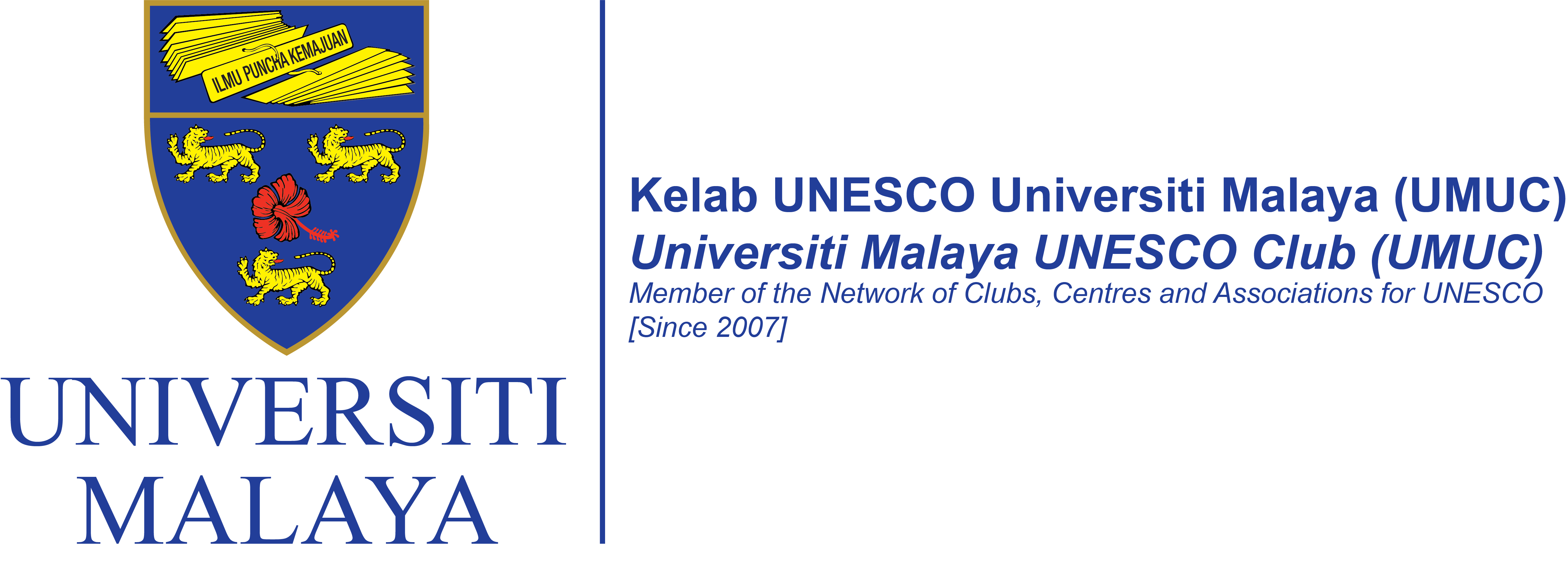
The UNESCO Clubs Movement
Since the first Club for UNESCO was founded in Japan, in 1947, UNESCO Clubs, Centres and Associations have been very valuable partners for UNESCO. UNESCO Clubs are formed of people of all ages, from every kind of social and professional background and origin who share a commitment to UNESCO's ideals and work as volunteers to implement them at grassroots level. There are currently 3,700 Clubs, Centres and Associations for UNESCO in nearly 100 countries.
Their initiatives foster the dissemination of UNESCO's principles and objectives and publicize the values represented by UNESCO in local communities. These Clubs take up a position on global problems with local repercussions and thus contribute to the process of reflection on social priorities. This movement attests to the ever-increasing role of civil society throughout the world and the influence that citizens can exert on socio-economic decision-makers.
A Broad Range of Initiatives
The activities carried out by the Clubs are varied and depend, above all, on the age and the interests of their members and also on the financial resources and means of action available.
The Clubs' action involves:
- The dissemination of general principles such as those set out in the Preamble and the Constitution of UNESCO, the United Nations Charter and the Universal Declaration of Human Rights;
- Participation in the celebration of international days and years proclaimed by the General Assembly of the United Nations and the General Conference of UNESCO;
- The promotion of literacy activities, the preservation and presentation of the cultural heritage;
- The organization of study camps for young people;
- Education for the prevention of AIDS;
- The publication of newsletters and information documents;
- The translation into national and local languages of the basic texts and documents of UNESCO and the United Nations.
Relations between UNESCO and for UNESCO Clubs
Although UNESCO's name appears in the titles of those Clubs, Centres, and Associations and their federations, they are independent of UNESCO. They are financially and legally autonomous, and thus responsible for their own operation, and development of their activities in their own ways.
UNESCO provides intellectual, financial, and/or material assistance for their specific activities that it considers particularly relevant, in close coordination with National Commissions for UNESCO in the respective Member States. UNESCO also helps to strengthen the impact of their activities by fostering cooperation with the programme sectors, field offices and UNESCO's main networks, such as the Associated Schools Network.
World Federation of UNESCO Clubs, Centres and Associations (WFUCA)
The World Federation of UNESCO Clubs, Centres and Associations (WFUCA) was formed in 1981, federating national and regional coordinating bodies of the UNESCO Clubs Movement to represent and promote this movement throughout the world. As an international non-governmental organization, it has "formal associate relations" with UNESCO.
Last Update: 05/07/2023